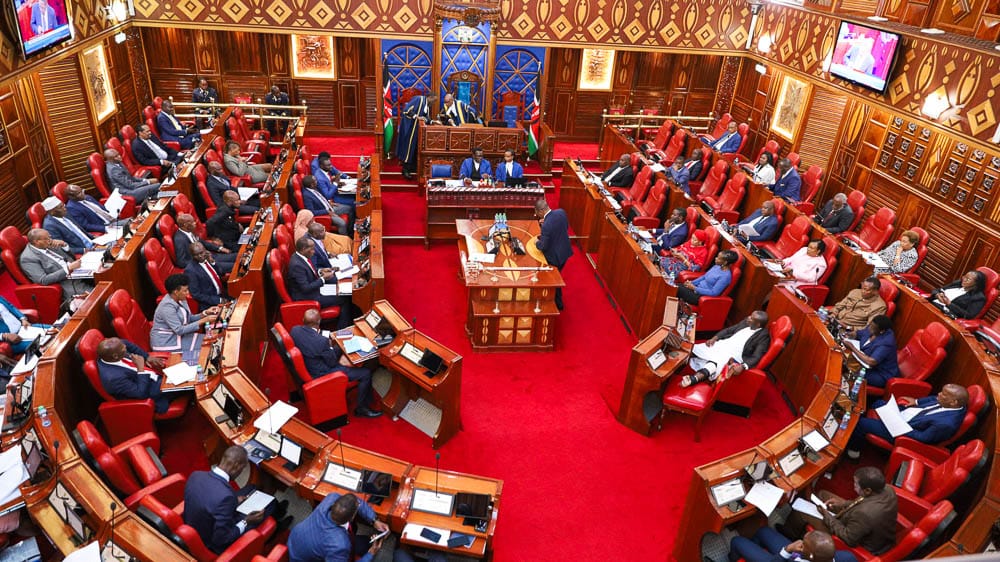A new Senate report has painted a grim picture of exclusion in county tender awards, showing that 22 counties are breaching the law by failing to allocate the required share of contracts to youth, women and persons with disabilities.
The National Cohesion Committee, in its report on the current state of the nation, notes that while some counties have issued tenders to these groups, they tend to award them to a small circle of pre-selected businesses, denying others a fair opportunity.
"Instead of ensuring fair competition and inclusivity, these entities repeatedly award contracts to the same suppliers, failing to rotate opportunities as required by procurement regulations," the report says.
The report also raises concern that some registered youth, women and PWD enterprises are not the actual executors of the tenders, but act as intermediaries.
“This practice undermines the purpose of the Agpo initiative and limits direct benefits to the intended groups,” the report states.
Counties cited for falling below the 30 per cent legal threshold include Wajir (8.8 per cent), Samburu (9.2 per cent), Kericho (10.6 per cent), Meru (10 per cent), and Nairobi (10.7 per cent). Others are Isiolo (11.8 per cent), Nyamira (11.83 per cent), Narok (14.1 per cent), Vihiga (15 per cent), Kitui (17.39 per cent), and Embu (18.89 per cent).
More counties in violation include Kwale (19.9 per cent), Kiambu (19.13 per cent), Machakos (6.6 per cent), Makueni (21 per cent), Turkana (24 per cent), Nyeri (27.1 per cent), Nakuru (27.4 per cent), Nandi (28.23 per cent), Baringo (21 per cent), and Migori (10.95 per cent).
The revelations come amid ongoing public uproar from young people, particularly the Gen Z movement, over exclusion in both employment and economic opportunities at the county level.
Despite possessing valid Access to Government Procurement Opportunities (Agpo) certificates, many youth, women and persons with disabilities still face barriers in accessing tenders, according to the report.
The Senate committee is now calling for tough follow-up measures, urging the Public Procurement Regulatory Authority to present annual performance reports to the Senate on counties’ adherence to procurement law.
It further recommends that counties learn from their better-performing peers and create specific programmes to promote inclusion.
The county governments should develop and implement affirmative action programmes and benchmark with their better-performing counterparts to ensure compliance,” the report states.
To bridge the knowledge gap, the committee also wants counties to improve the way they advertise job and tender openings.
"This should be done by diversifying their means of advertisement by utilising social media platforms, national radio stations and TV stations and the use of local leaders to help reach a wider pool of candidates, including special interest groups," it says.

